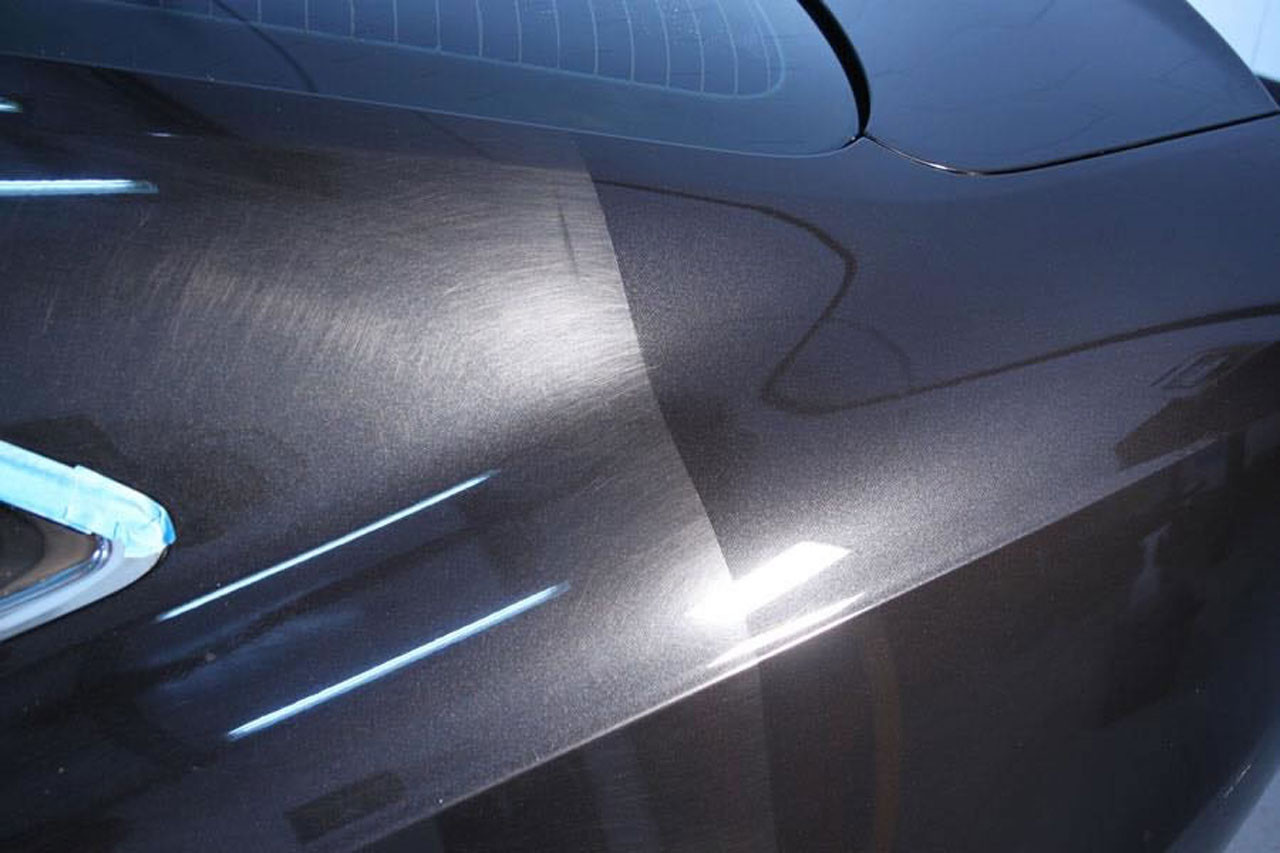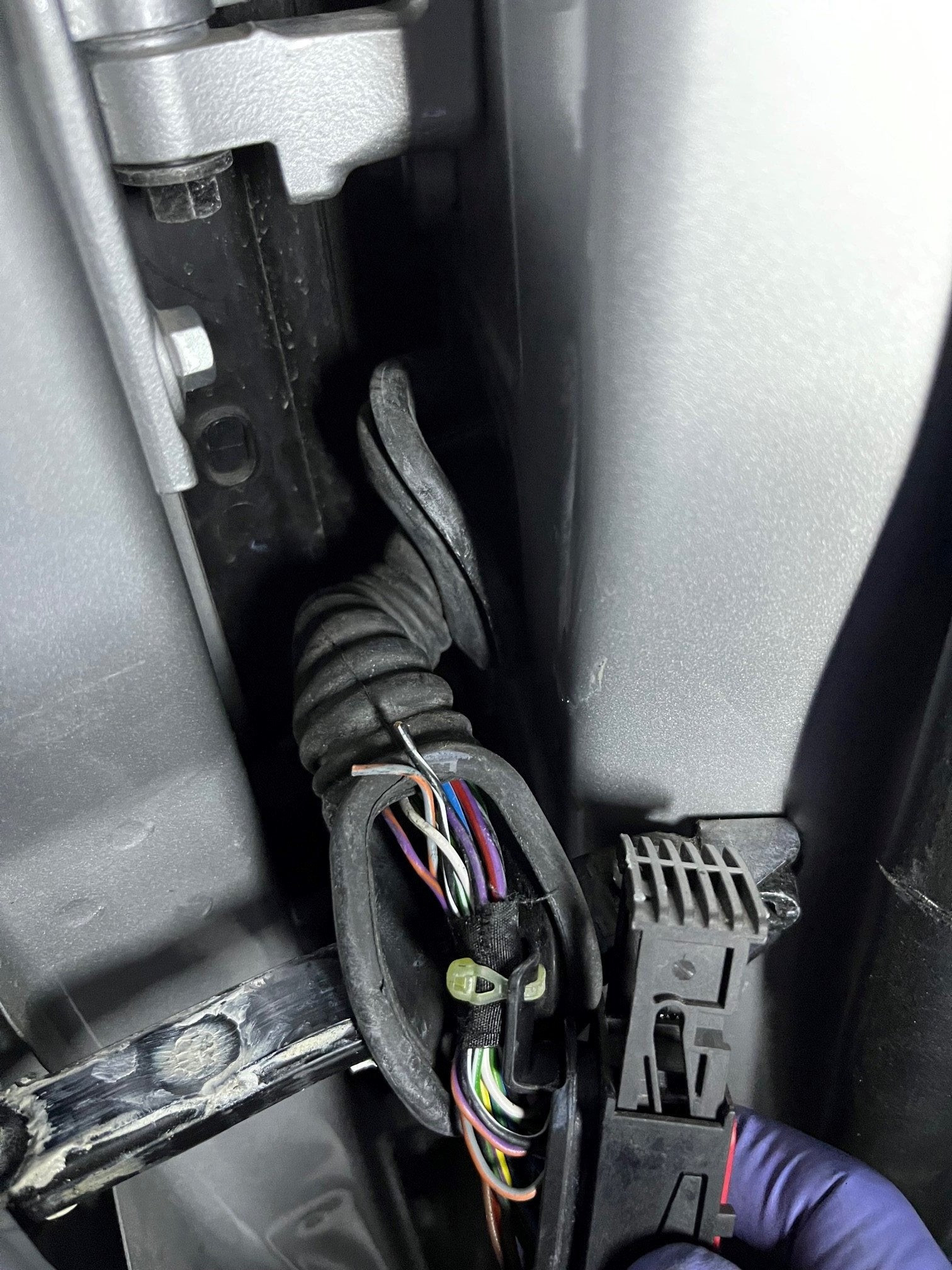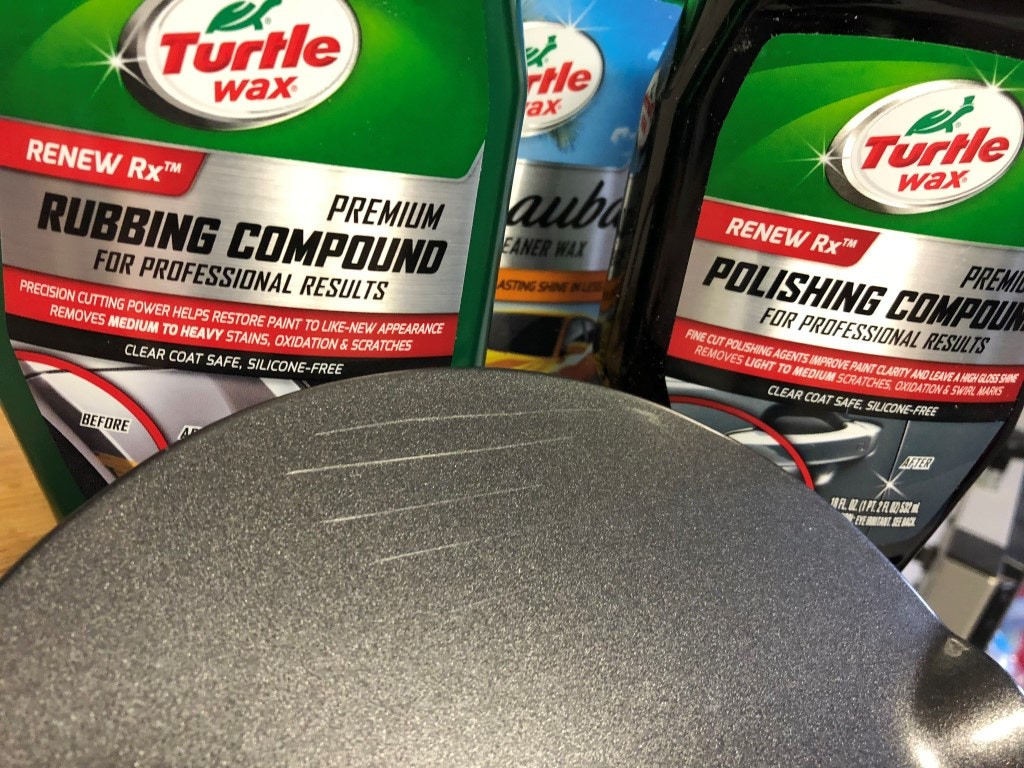How Much To Get Car Fixed? A Comprehensive Guide
Are you wondering, “How Much To Get Car Fixed?” Vehicle repairs can feel like a financial burden, but understanding the costs involved is the first step towards making informed decisions. Whether it’s routine maintenance or unexpected repairs, knowing the factors that influence the final bill can save you money and ensure you’re getting the best service. At CARDIAGTECH.NET, we empower you with the knowledge and tools to navigate the world of auto repair, from diagnostics to finding the right equipment for your needs, ensuring you keep your vehicle running smoothly without breaking the bank. Let’s explore the different aspects of auto repair expenses and how to optimize them, focusing on auto repair costs, vehicle maintenance expenses, and affordable car repairs.
1. Understanding the Factors Influencing Car Repair Costs
Several key elements determine how much you’ll pay to get your car fixed. Being aware of these can help you anticipate expenses and make informed decisions.
1.1. Type of Repair
The nature of the repair significantly impacts the cost. Simple fixes, like replacing a light bulb, are relatively inexpensive. However, major repairs, such as engine or transmission work, can be considerably more costly. The complexity and time required for the job play a crucial role.
For example, replacing brake pads might cost between $150 and $300 per axle, including parts and labor. In contrast, replacing an engine could range from $3,000 to $8,000, depending on the car model and whether you opt for a new, used, or remanufactured engine.
1.2. Vehicle Make and Model
The make and model of your car influence repair costs due to the availability and price of parts. Luxury and high-performance vehicles often have more expensive parts compared to more common, economy models. Specialized or rare parts can also drive up the cost.
According to a 2023 report by CarMD, the average cost of car repairs varies by vehicle type. For instance, repairs for a Toyota might be less expensive than those for a BMW due to the higher cost of BMW parts and the specialized knowledge required to work on them.
1.3. Labor Costs
Labor costs vary widely depending on the location and the shop’s expertise. Dealerships typically have higher labor rates than independent repair shops. Highly skilled technicians or those specializing in certain types of vehicles may also charge more.
In metropolitan areas, labor rates can range from $100 to $200 per hour, while smaller towns may see rates between $75 and $150 per hour. According to automotive industry data, labor accounts for approximately 40% of the total repair cost on average.
1.4. Parts Costs
The price of replacement parts can significantly affect the total cost of repairs. Original Equipment Manufacturer (OEM) parts are typically more expensive than aftermarket parts. The choice between OEM and aftermarket parts often depends on the vehicle’s age, the owner’s preference, and the specific repair requirements.
OEM parts, made by the original manufacturer, ensure a perfect fit and are often recommended for newer vehicles. Aftermarket parts, produced by third-party manufacturers, can be a more budget-friendly option for older cars. A study by the Automotive Aftermarket Industry Association (AAIA) found that aftermarket parts can be 20% to 50% cheaper than OEM parts.
1.5. Location
Geographic location plays a role in repair costs due to differences in labor rates, overhead costs, and parts availability. Urban areas tend to have higher costs compared to rural areas. States with higher costs of living often have more expensive auto repairs.
For example, a repair in California or New York might cost more than the same repair in Alabama or Oklahoma. According to a recent survey, the average cost of a check engine light repair can vary by as much as $200 depending on the state.
2. Average Car Repair Costs: What to Expect
Understanding average repair costs can help you budget and avoid being overcharged. Here’s a breakdown of common repairs and their typical costs.
2.1. Common Car Repairs and Their Costs
| Repair | Average Cost (Parts & Labor) |
|---|---|
| Oil Change | $30 – $75 |
| Brake Pad Replacement (per axle) | $150 – $300 |
| Battery Replacement | $100 – $300 |
| Tire Replacement (per tire) | $100 – $300 |
| Spark Plug Replacement | $50 – $200 |
| Alternator Replacement | $300 – $800 |
| Starter Replacement | $250 – $600 |
| Radiator Replacement | $300 – $900 |
| Water Pump Replacement | $400 – $900 |
| Catalytic Converter Replacement | $500 – $2,000 |
| Transmission Repair/Replacement | $1,500 – $5,000+ |
| Engine Repair/Replacement | $2,500 – $8,000+ |
These costs are estimates and can vary based on your vehicle’s make and model, the shop you choose, and your location.
2.2. Cost of Routine Maintenance
Routine maintenance is essential for keeping your car running smoothly and preventing costly repairs down the line. Regular maintenance tasks include:
- Oil Changes: Typically every 3,000 to 7,500 miles, costing between $30 and $75.
- Tire Rotations: Every 6,000 to 8,000 miles, costing around $25 to $50.
- Fluid Checks and Top-offs: Including coolant, brake fluid, power steering fluid, and windshield washer fluid, costing approximately $20 to $50.
- Brake Inspections: Annually, costing about $50 to $100.
- Filter Replacements: Air filters and cabin filters should be replaced every 12,000 to 15,000 miles, costing $20 to $50 each.
According to AAA, the average annual cost of routine maintenance for a new car is around $1,200.
2.3. Factors That Can Increase Repair Costs
Several factors can drive up the cost of car repairs unexpectedly:
- Hidden Damage: Mechanics may discover additional problems during the repair process, such as rust, corrosion, or damaged components.
- Specialized Tools or Equipment: Some repairs require specialized tools or equipment, increasing labor costs.
- Diagnostic Fees: Diagnostic tests to identify the problem can add to the overall cost, especially if the issue is complex.
- Emergency Repairs: Urgent repairs often come at a premium due to the need for immediate service.
Being prepared for these potential increases and having a contingency fund can help you manage unexpected repair costs.
3. Strategies for Saving Money on Car Repairs
While car repairs can be expensive, there are several strategies you can use to save money without compromising on quality or safety.
3.1. Get Multiple Estimates
Always get estimates from multiple repair shops before committing to a service. This allows you to compare prices, services, and warranties. Make sure each estimate includes a detailed breakdown of parts and labor costs.
According to Consumer Reports, getting at least three estimates can save you up to 20% on car repairs.
3.2. Perform Routine Maintenance
Regular maintenance can prevent major problems and extend the life of your car. Follow the manufacturer’s recommended maintenance schedule and address minor issues before they become major repairs.
A study by the Car Care Council found that neglecting routine maintenance can lead to a tenfold increase in repair costs over time.
3.3. Consider Aftermarket Parts
Aftermarket parts can be a cost-effective alternative to OEM parts, especially for older vehicles. Research reputable aftermarket brands and ensure the parts meet or exceed OEM specifications.
However, be cautious when using aftermarket parts for critical components like brakes or airbags, where quality and reliability are paramount.
3.4. Negotiate Prices
Don’t be afraid to negotiate prices with the repair shop. Ask if they offer discounts for cash payments, senior citizens, or military personnel. You can also inquire about price matching if you have a lower estimate from another shop.
According to a survey by AutoMD, approximately 60% of car owners who negotiate prices successfully save money on repairs.
3.5. Do Some Repairs Yourself
If you have basic mechanical skills, consider doing some simple repairs yourself, such as replacing windshield wipers, changing air filters, or replacing light bulbs. There are numerous online resources and tutorials available to guide you through these tasks.
However, be cautious when attempting complex repairs or those involving critical safety systems. It’s always best to consult a professional mechanic if you’re unsure about the repair process.
3.6. Use CARDIAGTECH.NET for Diagnostics and Tools
CARDIAGTECH.NET offers a range of diagnostic tools and equipment that can help you identify car problems early. By diagnosing issues yourself, you can save on diagnostic fees and have a better understanding of the repairs needed. Plus, investing in quality tools from CARDIAGTECH.NET can make DIY repairs easier and more effective.
4. Understanding Different Types of Car Repair Services
Navigating the world of auto repair services can be overwhelming. Understanding the different types of services available helps you choose the right option for your needs.
4.1. Dealerships vs. Independent Repair Shops
Dealerships:
- Pros: Certified technicians, specialized equipment, OEM parts, warranty repairs.
- Cons: Higher labor rates, more expensive parts, less flexibility.
Independent Repair Shops:
- Pros: Lower labor rates, more affordable parts, personalized service, greater flexibility.
- Cons: Varied quality, potential use of aftermarket parts, limited warranty options.
According to a survey by J.D. Power, customer satisfaction with independent repair shops is often higher than with dealerships due to the personalized service and lower costs.
4.2. Mobile Mechanics
Mobile mechanics offer on-site repair services at your home or workplace. They are a convenient option for routine maintenance and minor repairs.
- Pros: Convenience, competitive pricing, personalized service.
- Cons: Limited capabilities, not suitable for major repairs, potential for inconsistent quality.
Mobile mechanics are ideal for tasks like oil changes, battery replacements, and brake pad replacements.
4.3. Specialized Repair Shops
Specialized repair shops focus on specific types of vehicles or repairs, such as transmissions, brakes, or auto body work.
- Pros: Expertise, specialized equipment, high-quality repairs.
- Cons: Higher prices, limited service offerings, longer wait times.
These shops are best for complex repairs that require specialized knowledge and equipment.
4.4. Choosing the Right Service for Your Needs
To choose the right repair service, consider the following factors:
- Type of Repair: Simple repairs can be handled by independent shops or mobile mechanics, while complex repairs may require a dealership or specialized shop.
- Budget: Compare prices from different shops and choose the option that fits your budget.
- Warranty: Check the warranty offered by each shop and ensure it covers the parts and labor.
- Reputation: Read online reviews and ask for recommendations from friends and family.
5. Negotiating Car Repair Costs: Tips and Tricks
Negotiating car repair costs can help you save money and ensure you’re getting a fair price. Here are some tips and tricks to help you negotiate effectively.
5.1. Research Average Repair Costs
Before you start negotiating, research the average cost of the repair in your area. Use online resources like RepairPal, AutoMD, and Kelley Blue Book to get an idea of what you should expect to pay.
This information will give you leverage when negotiating with the repair shop.
5.2. Ask for a Detailed Estimate
Always ask for a detailed estimate that includes a breakdown of parts and labor costs. Review the estimate carefully and ask questions about any charges you don’t understand.
Make sure the estimate includes the shop’s labor rate, the cost of each part, and any additional fees.
5.3. Question Unnecessary Repairs
If the repair shop recommends additional repairs that you don’t think are necessary, ask for a second opinion. Get an estimate from another shop and compare the recommendations.
Be wary of shops that try to upsell you on unnecessary services.
5.4. Use Competitor Estimates as Leverage
If you have a lower estimate from another shop, use it as leverage to negotiate with the current shop. Show them the estimate and ask if they can match or beat the price.
Many shops are willing to lower their prices to keep your business.
5.5. Negotiate Labor Rates
Labor rates can vary widely between shops. If the shop’s labor rate seems high, try to negotiate it down. Ask if they offer discounts for cash payments or if they’re willing to match the labor rate of a competitor.
5.6. Consider Using Used or Remanufactured Parts
Used or remanufactured parts can be a cost-effective alternative to new parts. Ask the shop if they offer these options and compare the prices.
However, be sure to check the warranty on used or remanufactured parts to ensure they’re reliable.
5.7. Be Polite and Professional
When negotiating, always be polite and professional. Treat the shop’s employees with respect and avoid getting angry or confrontational.
A positive attitude can go a long way in getting a better price.
6. When to Repair vs. Replace Your Car
Deciding whether to repair or replace your car can be a difficult decision. Consider these factors to help you make the right choice.
6.1. The 50% Rule
The 50% rule states that if the cost of repairs exceeds 50% of the car’s current market value, it may be time to replace the car.
To determine your car’s market value, use online resources like Kelley Blue Book or Edmunds.
6.2. Consider the Age and Mileage of Your Car
Older cars with high mileage are more likely to experience frequent and costly repairs. If your car is nearing the end of its lifespan, it may be more cost-effective to replace it.
According to a study by the National Automobile Dealers Association (NADA), the average lifespan of a car is around 12 years or 150,000 miles.
6.3. Evaluate the Cost of Future Repairs
Consider the potential cost of future repairs when deciding whether to repair or replace your car. If your car has multiple issues or is likely to require major repairs in the near future, it may be better to replace it.
Ask your mechanic for a comprehensive inspection and get an estimate of potential future repair costs.
6.4. Assess Your Needs and Budget
Assess your current and future transportation needs and your budget. If your car no longer meets your needs or if you can’t afford the cost of repairs, it may be time to replace it.
Consider the cost of a new or used car, including the purchase price, insurance, registration, and maintenance.
6.5. Take Sentimental Value into Account
Sometimes, the decision to repair or replace a car is not just about finances. If you have a sentimental attachment to your car, you may be willing to spend more on repairs.
However, it’s important to be realistic about the cost of repairs and whether it’s a wise investment.
7. The Importance of Regular Car Maintenance
Regular car maintenance is crucial for keeping your vehicle running smoothly and preventing costly repairs.
7.1. Extends the Life of Your Car
Regular maintenance can extend the life of your car by preventing wear and tear on critical components. By following the manufacturer’s recommended maintenance schedule, you can keep your car running for years to come.
7.2. Prevents Costly Repairs
Regular maintenance can prevent minor issues from becoming major repairs. By addressing small problems early, you can avoid costly repairs down the road.
For example, changing your oil regularly can prevent engine damage, while rotating your tires can extend their lifespan.
7.3. Improves Fuel Efficiency
Regular maintenance can improve your car’s fuel efficiency. By keeping your engine running smoothly and your tires properly inflated, you can save money on gas.
According to the U.S. Department of Energy, proper car maintenance can improve fuel efficiency by up to 40%.
7.4. Enhances Safety
Regular maintenance can enhance your car’s safety. By keeping your brakes, tires, and lights in good working order, you can reduce your risk of accidents.
7.5. Increases Resale Value
Regular maintenance can increase your car’s resale value. A well-maintained car is more attractive to buyers and can command a higher price.
8. Finding Reliable Car Repair Shops
Finding a reliable car repair shop is essential for getting quality service at a fair price.
8.1. Ask for Recommendations
Ask for recommendations from friends, family, and colleagues. Personal referrals are often the best way to find a reliable repair shop.
8.2. Read Online Reviews
Read online reviews on sites like Yelp, Google, and Angie’s List. Pay attention to the overall rating, the number of reviews, and the content of the reviews.
Look for shops with consistently positive reviews and a large number of satisfied customers.
8.3. Check for Certifications
Check for certifications from organizations like ASE (Automotive Service Excellence). ASE-certified technicians have demonstrated their knowledge and skills in automotive repair.
8.4. Look for a Clean and Organized Shop
A clean and organized shop is a good sign that the shop takes pride in its work and values its customers.
8.5. Ask Questions
Ask questions about the shop’s experience, expertise, and warranty policy. A reliable shop will be happy to answer your questions and provide you with detailed information about their services.
9. The Role of Diagnostic Tools in Car Repair
Diagnostic tools play a crucial role in modern car repair by helping technicians quickly and accurately identify problems.
9.1. Types of Diagnostic Tools
- OBD-II Scanners: These scanners read diagnostic trouble codes (DTCs) from your car’s computer, providing information about potential problems.
- Multimeters: These tools measure voltage, current, and resistance, helping technicians diagnose electrical issues.
- Compression Testers: These testers measure the compression in each cylinder, helping technicians diagnose engine problems.
- Leak Down Testers: These testers identify leaks in the cylinders, helping technicians diagnose engine problems.
- Scan Tools: Advanced scan tools can perform a variety of diagnostic tests, including reading DTCs, displaying live data, and performing system tests.
9.2. Benefits of Using Diagnostic Tools
- Accurate Diagnosis: Diagnostic tools help technicians accurately diagnose problems, reducing the risk of misdiagnosis and unnecessary repairs.
- Faster Repairs: Diagnostic tools can speed up the repair process by quickly identifying the source of the problem.
- Cost Savings: By accurately diagnosing problems, diagnostic tools can help you save money on repairs.
9.3. CARDIAGTECH.NET Diagnostic Solutions
CARDIAGTECH.NET offers a range of diagnostic tools and equipment for both professional technicians and DIY enthusiasts. Our products are designed to help you quickly and accurately diagnose car problems, saving you time and money.
10. CARDIAGTECH.NET: Your Partner in Affordable Car Repair
At CARDIAGTECH.NET, we understand the challenges of maintaining a car on a budget. That’s why we offer a wide range of products and services designed to help you save money on car repairs.
10.1. High-Quality Diagnostic Tools
Our diagnostic tools allow you to identify car problems early, saving you money on diagnostic fees and preventing costly repairs.
10.2. Affordable Repair Equipment
We offer a variety of affordable repair equipment, from basic hand tools to advanced diagnostic tools, making it easier to perform DIY repairs.
10.3. Expert Advice and Support
Our team of expert technicians is available to provide advice and support, helping you diagnose problems, choose the right tools, and perform repairs.
10.4. Commitment to Customer Satisfaction
At CARDIAGTECH.NET, we’re committed to customer satisfaction. We offer a hassle-free return policy and stand behind our products with a comprehensive warranty.
FAQ: How Much To Get Car Fixed?
1. How much does a typical car repair cost?
The cost of a typical car repair can vary widely depending on the type of repair, the vehicle’s make and model, and the location of the repair shop. Minor repairs like oil changes can cost as little as $30 to $75, while major repairs like engine replacements can cost upwards of $2,500 to $8,000 or more.
2. What are the most common car repairs and their associated costs?
Some of the most common car repairs include brake pad replacements ($150-$300 per axle), battery replacements ($100-$300), tire replacements ($100-$300 per tire), and spark plug replacements ($50-$200). More complex repairs like alternator replacements ($300-$800) and radiator replacements ($300-$900) are also common.
3. How can I save money on car repairs?
There are several ways to save money on car repairs, including getting multiple estimates, performing routine maintenance, considering aftermarket parts, negotiating prices, and doing some repairs yourself. Additionally, using diagnostic tools from CARDIAGTECH.NET can help you identify problems early and save on diagnostic fees.
4. Should I go to a dealership or an independent repair shop?
The choice between a dealership and an independent repair shop depends on your needs and preferences. Dealerships typically offer certified technicians and OEM parts, but they often charge higher labor rates. Independent repair shops may offer lower labor rates and more personalized service, but the quality can vary.
5. When should I consider replacing my car instead of repairing it?
Consider replacing your car if the cost of repairs exceeds 50% of its current market value. Also, consider the age and mileage of your car, the potential cost of future repairs, and your personal needs and budget.
6. What is the 50% rule for car repairs?
The 50% rule states that if the cost of repairs exceeds 50% of the car’s current market value, it may be time to replace the car. This rule is a guideline to help you make a financially sound decision.
7. How important is regular car maintenance?
Regular car maintenance is crucial for extending the life of your car, preventing costly repairs, improving fuel efficiency, enhancing safety, and increasing resale value.
8. What are some signs that my car needs repair?
Some common signs that your car needs repair include unusual noises, fluid leaks, warning lights on the dashboard, decreased performance, and difficulty starting.
9. How can diagnostic tools help with car repairs?
Diagnostic tools can help technicians accurately diagnose problems, speed up the repair process, and save money by reducing the risk of misdiagnosis and unnecessary repairs.
10. What types of diagnostic tools does CARDIAGTECH.NET offer?
CARDIAGTECH.NET offers a range of diagnostic tools, including OBD-II scanners, multimeters, compression testers, leak down testers, and advanced scan tools. Our tools are designed to help both professional technicians and DIY enthusiasts accurately diagnose and repair car problems.
Conclusion
Understanding the costs associated with car repairs is essential for making informed decisions and keeping your vehicle running smoothly. By considering the factors that influence repair costs, exploring strategies for saving money, and choosing the right repair service, you can minimize expenses without compromising on quality or safety. CARDIAGTECH.NET is your trusted partner in affordable car repair, providing high-quality diagnostic tools, affordable repair equipment, and expert advice and support.
Don’t let car troubles keep you off the road. Contact CARDIAGTECH.NET today at 276 Reock St, City of Orange, NJ 07050, United States, or call us on WhatsApp at +1 (641) 206-8880. Visit our website at CARDIAGTECH.NET for all your automotive diagnostic and repair needs. Let us help you get back on the road with confidence!





